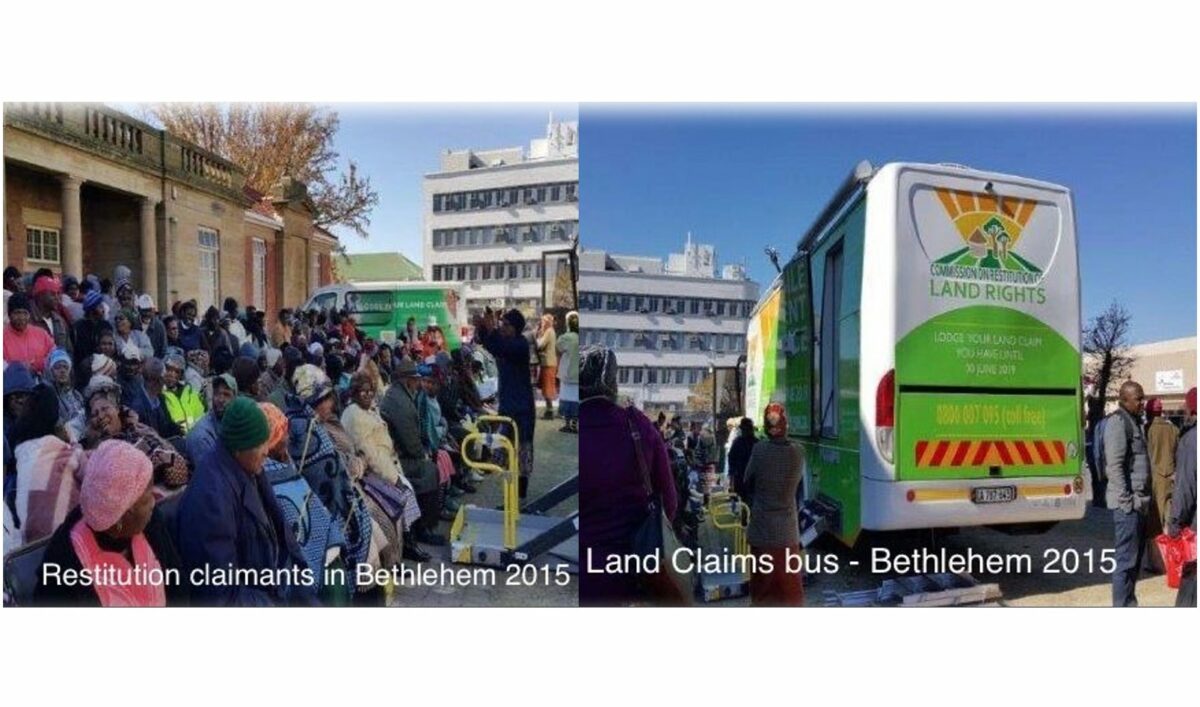In October 2020, the Department of Agriculture, Land Reform and Rural Development (DALRRD) announced that 700,000 hectares of under-utilised or vacant State land will be released and made available for agricultural use.
The State Agricultural Land Allocation Plan and details regarding application were uploaded onto the DALRRD website, and members of the public began to apply.
In response to a question posed by Democratic Alliance (DA) Member of the National Council of Provinces, Mr George Michalakis, Minister of Agriculture, Land Reform and Rural Development, Ms Thoko Didiza, stated that 3081 land restitution applications were received in the Free State Province. Five remain outstanding while 3076 have been processed. Of those processed, 159 were non-compliant and 2917 were successful. Only 62 of the successful candidates requested farms, while 2855, or 97,8% opted for monetary compensation.
Only 2,2% of the applicants in the Free State wanted farms.
This statistic bring to light some concerns – mainly that people have more urgency for income than anything else and that there is little faith in the government’s ability to support farming.
Leader of the Opposition in the Free State, Dr Roy Jankielsohn MPL, stated “The reason why most claimants have chosen money over land is because there is little support for successful claimants to turn the land into livelihoods. Most land grabs have been residential in nature around existing cities and towns.
Land restitution and land reform remain fraught with corruption. A 2018 Special Investigating Unit Report on 148 land reform projects between 2011 and 2017 indicated major systemic weaknesses that include illegal land grants, non-existent or false beneficiaries, forgery of evaluation documents and officials’ family members listed as beneficiaries.
The restitution process has not contributed to overall land redistribution (land reform) that aims to transfer land from white to black ownership in South Africa.”
The restitution process
The restitution process is a constitutional imperative stating that: “A person or community dispossessed of property after 19 June 1913 as a result of past racially discriminatory laws or practices is entitled, to the extent provided by an Act of Parliament, either to tenure which is legally secure, or comparable redress”. According to Dr Roy Jankielsohn MPL, the restitution process had a cut-off date for submission of claims. In terms of the Restitution of Land Rights Act the cut-off date for submission of claims was December 1998.
The immediate problems
Dr Roy Jankielsohn MPL went on to say that Minister Thoko Didiza’s replies in Parliament prove that residents of the Free State are less enthusiastic about agricultural land reform than politicians. He said “While transformation in land ownership through land reform, and redress through land restitution remain constitutional requirements; the motivation for expropriation without compensation is politically motivated.
The land restitution process, while ensuring some material redress for past injustices, has not contributed to land reform. The financial claims and regular urban land grabs indicate that residents of the Free State are desperate for livelihoods and homes, and are more sceptical about obtaining these through commercial agriculture through which profits rely on vast expertise and economies of scale.”

